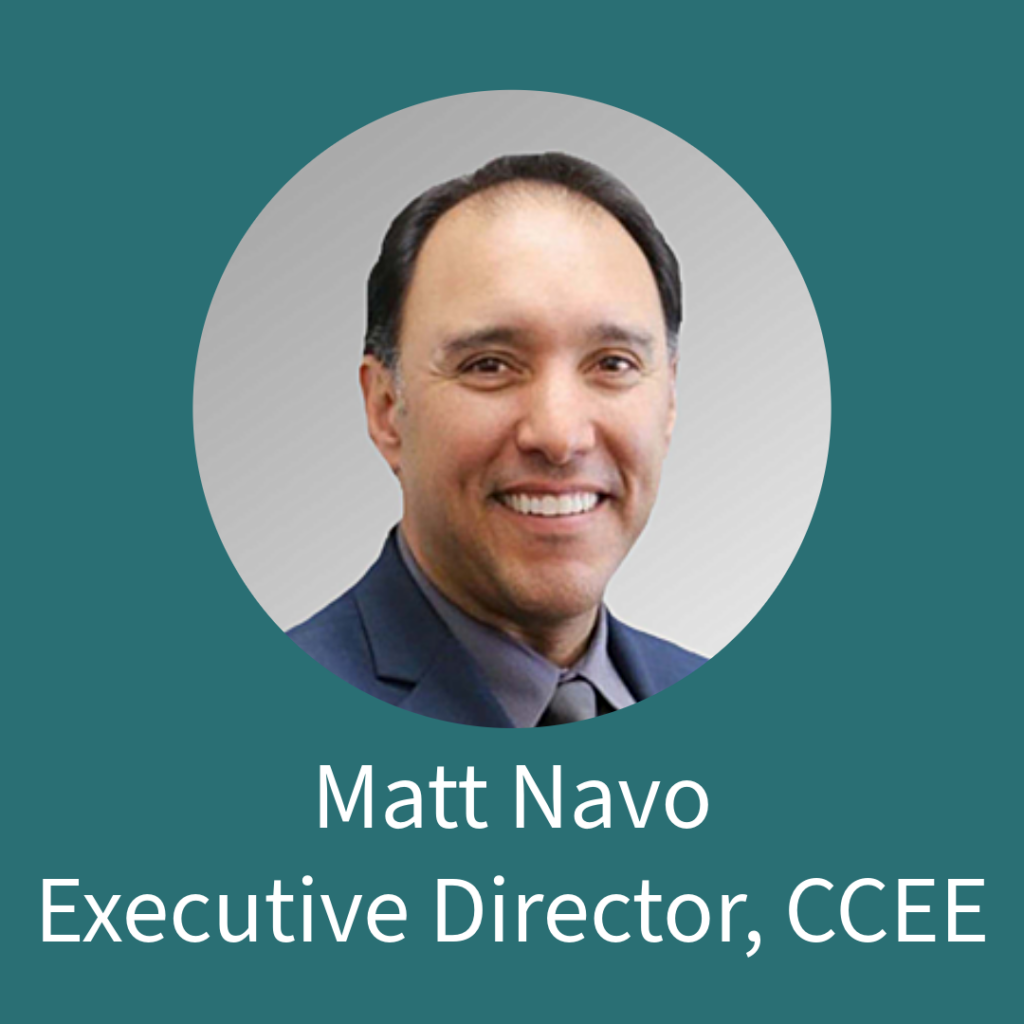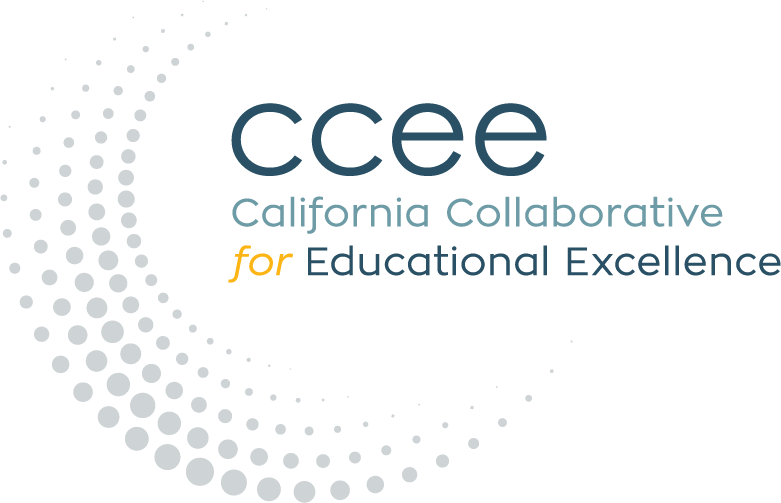As we move into the 2025–2026 school year, the California Collaborative for Educational Excellence (CCEE) is sharpening its focus on integration and measurable impact across statewide educational efforts within the Statewide System of Support. In partnership with state agencies and the Statewide System of Support (SSOS), our work will center on four priority areas: data for impact, special education integration, mathematics coherence, and a unified literacy network focused on integration/impact. These priorities reflect our commitment to advancing coherence, accelerating student outcomes, and building capacity across systems.
1. Data for Impact
We are aligning internal and external data efforts to improve decision-making, measure the effectiveness of our support, and provide actionable insights to LEAs. By integrating data use across SSOS partners, we aim to strengthen continuous improvement efforts and drive systemic change.
2. Special Education Integration
CCEE is designing in partnership with our state partners targeted and intensive models of support for LEAs for improved outcomes for students with disabilities. Through the District State Study Team Model, we will work to develop in collaboration with statewide partners alignment, coherence, and integration within SSOS, enabling LEAs to better meet the diverse needs of their students.
3. Statewide Mathematics Coherence
In collaboration with state-funded math leads and the California Department of Education, we will coordinate universal resources and professional learning supports aligned with the new math framework. This work will unify math implementation efforts and increase statewide access to high-quality instructional tools.
4. Unified Literacy Network
CCEE will partner with the CDE and statewide literacy leads to create a more cohesive approach to literacy initiatives. Through coordinated messaging, shared resources, and streamlined supports, we aim to improve access, alignment, and outcomes in literacy instruction across California
Our Commitment
By aligning initiatives, integrating resources, and foster stronger collaboration across systems, CCEE remains focused on delivering high-impact support that advances educational equity and excellence for every student in California.
For additional information, review the CCEE Annual Report, visit the CCEE statewide evaluations webpage, statewide maps, and the Statewide System of Support.

